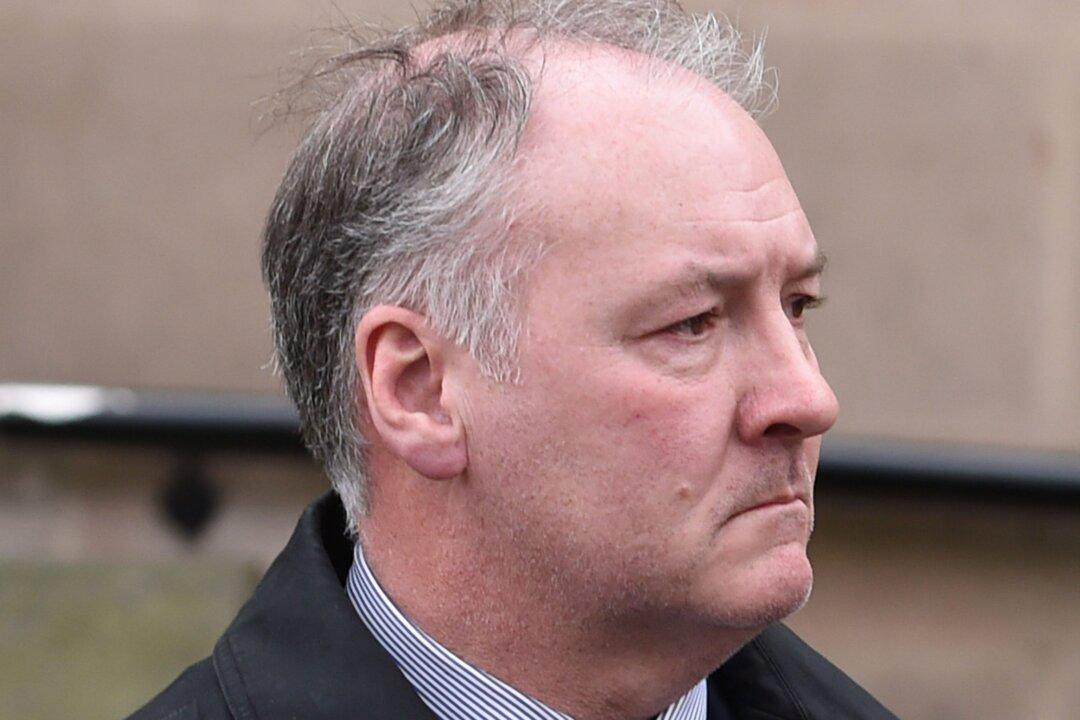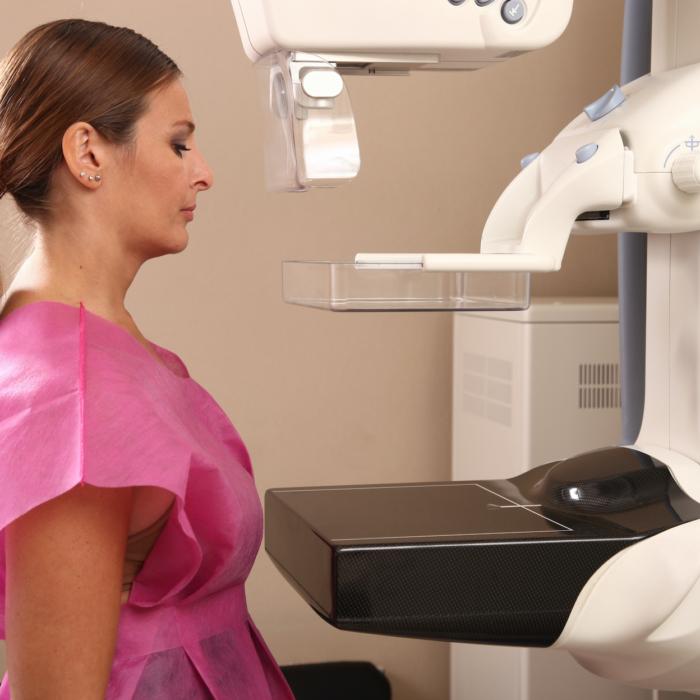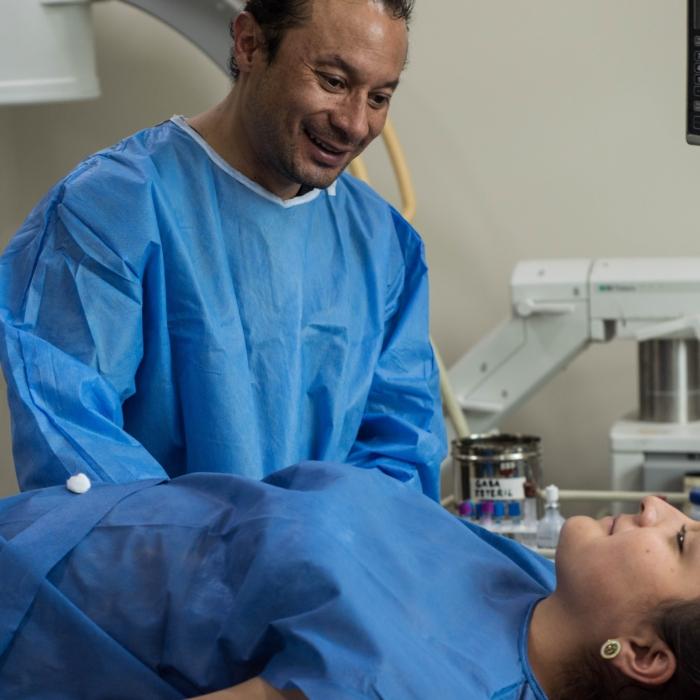The inquests into the deaths of 62 patients who were treated by rogue breast surgeon Ian Paterson began on Tuesday after he was told by the coroner that he must give evidence.
The disgraced doctor was found to have carried out unnecessary and unapproved procedures on more than 1,000 breast cancer patients over 14 years and is currently serving 20 years in prison.
The 66-year-old, originally from Glasgow, was living in the Manchester area when he was found guilty of multiple counts of wounding with intent in 2017, including against one male patient.
Misdiagnosed Cancer
He carried out so-called “cleavage-sparing” mastectomies—also known as partial mastectomies—on women, which left behind breast tissue that increased the risk of their cancer returning. Partial mastectomies are not endorsed by the medical authorities. He also treated men diagnosed with breast cancer.An investigation by the General Medical Council and the NHS trust found that Paterson had misdiagnosed cancer in healthy patients and performed unnecessary surgery, including the “cleavage-sparing” mastectomies. He was initially sentenced to 15 years in prison, with a subsequent increase to 20 years.
Low Survival Rate
A report by the NHS trust in 2017 found that 675 of Paterson’s 1,206 mastectomy patients had subsequently died, with survival rates for these individuals being less than 56 percent. In contrast, female breast cancer patients aged 50–60 have around a 90 percent chance of survival.More than 560 of these patient deaths have been considered so far by a multi-disciplinary team of medical experts, leading to the opening of 62 inquests where the deaths may have been “unnatural.”
Paterson was accused of attempting to delay the inquests by not cooperating with the judicial process before the first hearing, which had been due to start on Oct. 10.
His lawyer argued that health issues, a lack of legal representation, and “inadequate facilities to prepare” meant his witness summons for the judge-led inquests should be withdrawn.
But in a ruling published on Monday, Coroner Richard Foster said he could “find no reason” that Paterson should not give evidence remotely at the inquests.
Foster said: “It is perfectly reasonable in all the circumstances to require him to do so, taking into account the public interest and the importance of his participation to my investigations and these inquests.
“I can and will make all necessary adaptations to the court process to achieve the best evidence from Mr. Paterson.”
The coroner said a proposal from Paterson’s lawyer that he should not be obliged to give evidence during each of the inquests, instead giving evidence at the end of the process, was “unacceptable” and would be “detrimental to my investigations.”
He said: “I need to hear his evidence on a case-by-case basis alongside the evidence of other witnesses, including from Mr. Paterson’s clinical colleagues and the medical experts.”
The inquests are taking place at Birmingham and Solihull Coroners Court, and are expected to last for at least eight months.
Compelled to Give Evidence
The coroner’s court heard claims from Paterson’s legal team last week that the jailed doctor would struggle to remain focused during the inquests and process large volumes of paperwork owing to health issues.Foster said he would make “appropriate measures and adjustments” to ensure Paterson could take part in the proceedings, including regular rest breaks, adding: “His evidence will be of the utmost assistance and any evidence is better than none.
“It is obvious that as a serving prisoner his ability to prepare and to provide instructions to his legal team has been handicapped. I can and will make every allowance for that.
“I expect him to appear remotely. No doubt his legal team will advise him upon the consequences of non-compliance.”
During preliminary legal arguments, the coroner also rejected an application from Paterson for public funds to pay for his lawyers following three unsuccessful bids for legal aid.
The first of the 62 inquests will touch upon the death of 43-year-old Chloe Nikitas, an environmental consultant from Tamworth in Staffordshire, who died at the Priory Hospital in Birmingham on April 13, 2008.
In September 2017, more than 750 patients treated by Paterson, who has always maintained his innocence, received compensation payouts from a £37 million fund.
The inquiry heard of the devastation he had caused to the lives of his victims, some of whom lived in the shadow of cancer for many years when they had never had the disease in the first place. Many were needlessly disfigured by his surgery and some women were left unable to breastfeed.
The jury in his trial at Nottingham Crown Court heard that Paterson regularly “miscoded” procedures, charging for more expensive treatment than was required. The prosecution accused him of carrying out the often pointless surgery for “obscure motives,” although a desire to earn extra money was assumed to be a factor.







